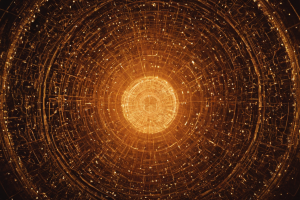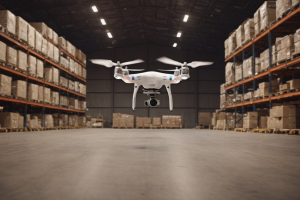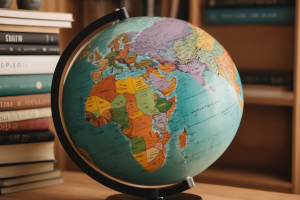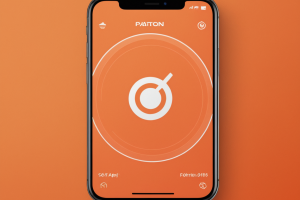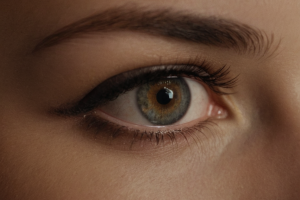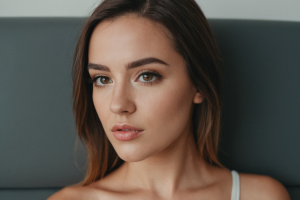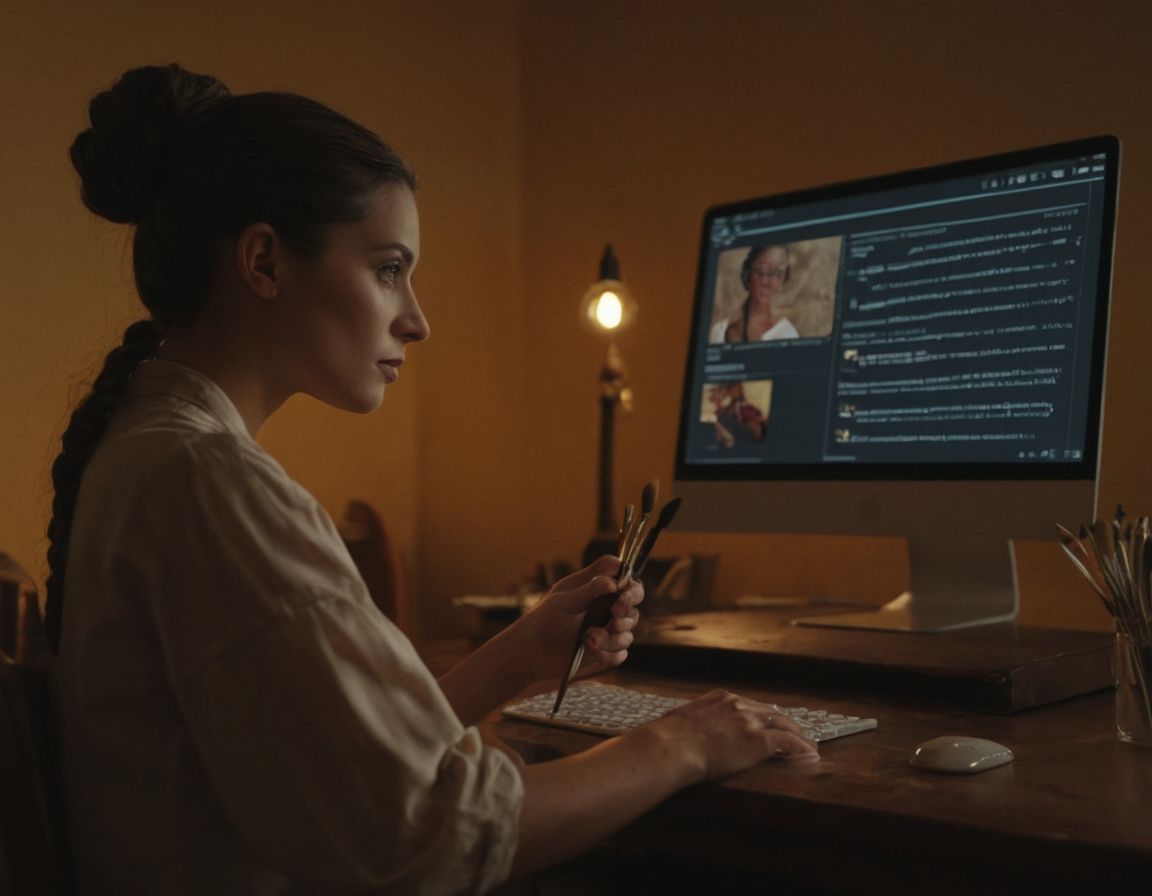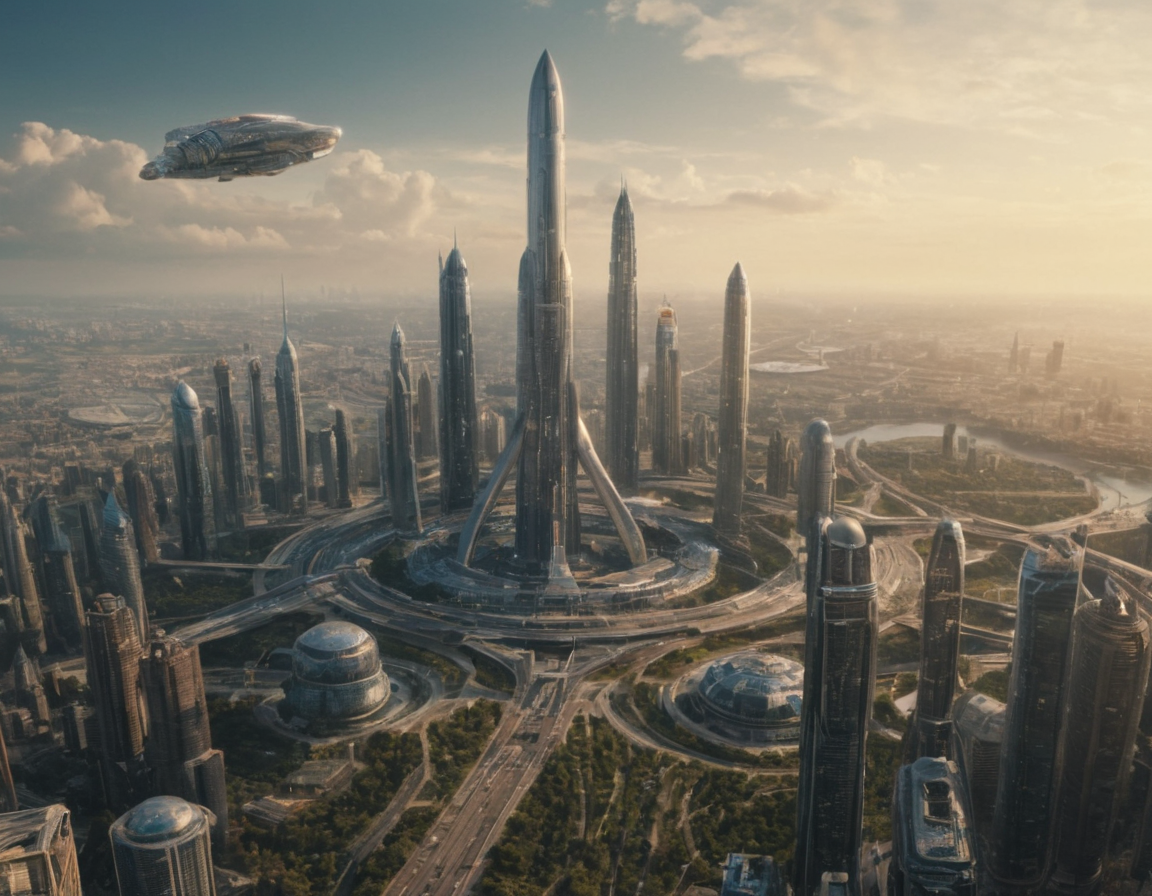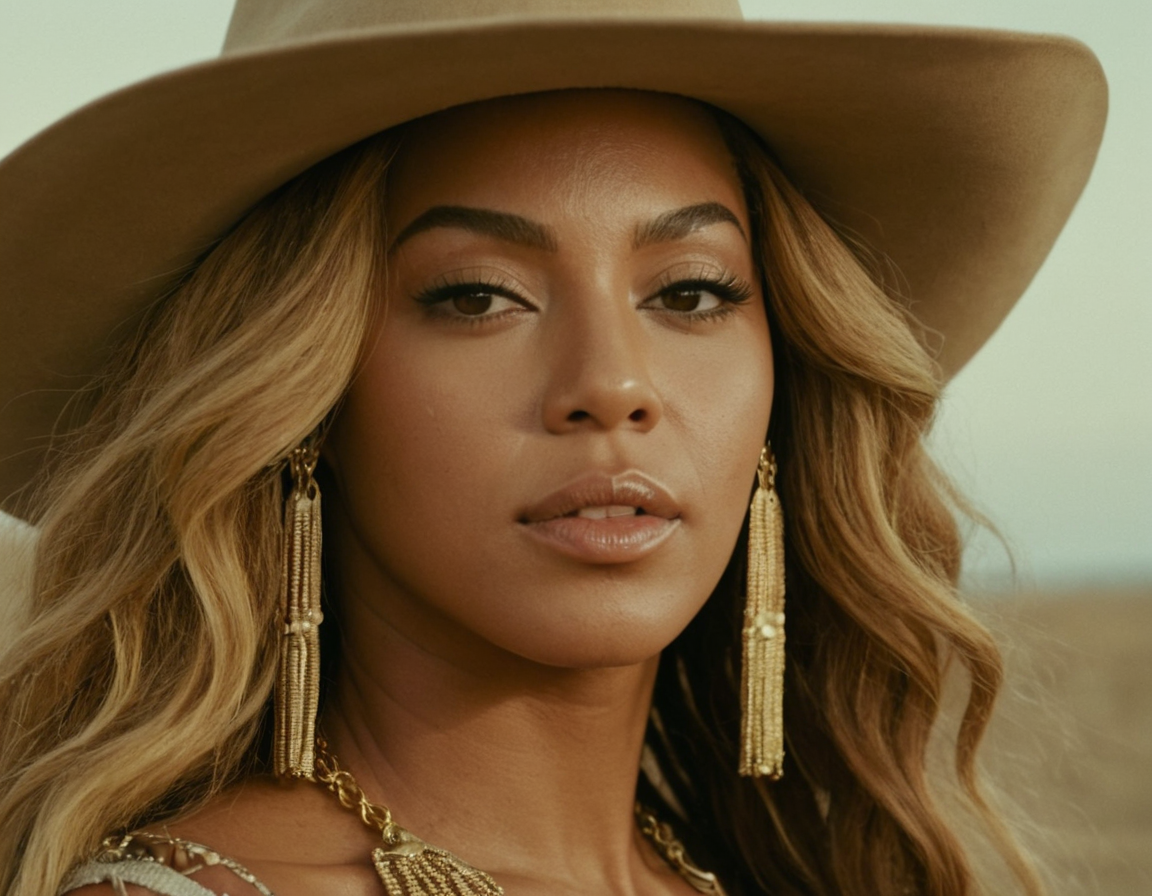OpenAI VP Unsure About Artist Payment Amid Legal Concerns
OpenAI faces questions regarding compensation for artists whose work contributes to generative AI development. During SXSW, Peter Deng, VP of Consumer Product at OpenAI, hesitated to provide a clear stance on whether artists should be paid for their contributions to systems such as ChatGPT. While acknowledging the audience’s support for compensation, Deng refrained from giving a definitive answer due to the sensitive legal situation surrounding the usage of data for AI model training.
The debate revolves around the application of fair use principles, which allow for the utilization of copyrighted works to produce derivative creations provided they are transformative. OpenAI argues that incorporating copyrighted material is essential for developing useful AI models. However, many creators dispute this claim, asserting that tools like DALL-E infringe upon their intellectual property rights without proper remuneration.
In response, OpenAI maintains licensing agreements with certain content providers, enables website owners to prevent their content from being harvested for training purposes, and offers artists the option to exclude their work from dataset utilization. Despite these measures, critics argue that the process remains burdensome and insufficient.
Deng expressed his belief that artists should play a more significant role in shaping the future of generative AI technologies, though he remained uncertain about the specific steps needed to achieve this goal.

